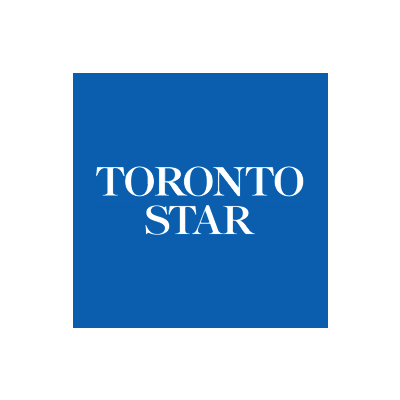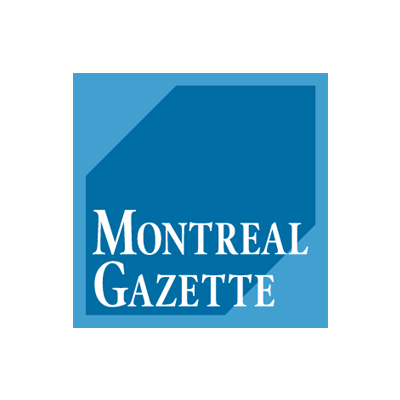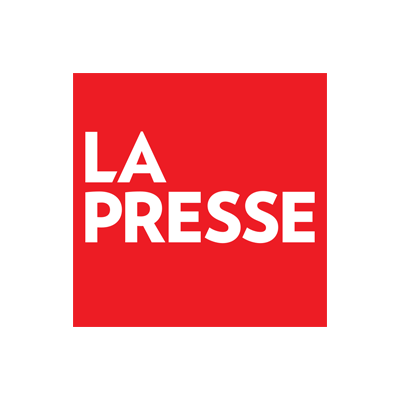Acromioclavicular osteoarthritis shoulder
The top of your shoulder is painfull, and you feel like having a limited range of motion? These are common symptoms of shoulder acromioclavicular osteoarthritis. You should rapidly get an appointment with an expert to get answers about your injury.
What are the signs of shoulder acromioclavicular osteoarthritis?
Shoulder Acromioclavicular osteoarthritis, or arthritis where the collar bone meets the acromion (part of the shoulder blade), causes sharp pain at the top of the shoulder. The shoulder pain worsens significantly when crossing the arms across the chest or when making a pushing movement, like a push-up or bench press and causes limited motion around the shoulder joint.
Shoulder acromioclavicular osteoarthritis: what are the possible repercussions?
This degenerative condition, which can occur at any age, often appears in patients as young as 30 who are very physically active. It is also common in patients over 50. Shoulder Acromioclavicular osteoarthritis is a type of arthritis that can cause unsightly bony growths (bone spurs) to form that can lead to the impingement of the shoulder tendons. The articular cartilage can also pressure or damage some tissues and muscles.
What are the non-surgical treatments?
There are several non-surgical treatment options for people suffering from shoulder acromioclavicular osteoarthritis depending on symptoms and medical history of previous injuries.
- The best initial treatment for arthritic shoulder is always to avoid the activity that caused the impingement in the first place. Rest, ice, and oral anti-inflammatory drugs are also recommended.
- Ultrasound-guided cortisone injections may be administered by a specialist if pain persists for more than a month.
- An MRI (magnetic resonance imaging) scan or ultrasound is prescribed for persistent pain.
What is the surgical treatment?
The goal of surgery is to create enough space to prevent bone-on-bone (AC joint) contact. We perform arthroscopic procedure using very small surgical instruments inserted through short incisions.
About the procedure
- Outpatient arthroscopic procedure
- Length of procedure: 45 to 90 minutes
- An anaesthesiologist performs a regional anesthesia (the entire arm and diseased shoulder are blocked). The patient remains conscious during the procedure.
- If the patient would like to be sedated, a mild, short-acting sedative can be administered.
Shoulder acromioclavicular osteoarthritis: post-surgical recovery
Patients may be escorted home approximately one hour after their shoulder surgery. Numbness in the shoulder wears off after approximately 6 to 18 hours. It is recommended that patients take pain relievers during the first few days after surgical procedures. A post-operative follow-up is required two weeks after the procedure to remove the patient’s stitches.
About recovery
- Non-physical activities may be resumed the next day after joint surgery if shoulder pain levels permit.
- Patients can resume non-strenuous activities during the first week (cooking, driving, writing, typing).
- Physical therapy such as pendulum exercises must be performed starting the first several days to minimize adhesion formation.
- Patients can resume more strenuous activities after two to three months (exercise, swimming, tennis, carpentry) and focus on regain function and muscle strength
Recovery rate: 90% - Complication rate: less than 1%
Choose an expert for your shoulder acromioclavicular osteoarthritis
Dr. Beauchamp is an orthopedic surgeon in Montreal since 1993, with a fellowship in shoulder surgery and arthroscopy. He has been elected one of the best surgeon in Montréal. Do not wait for complications and more damages, if your shoulder is painful get an appointment to ease your pain.
Ease your pain fast
Dr. Marc Beauchamp: the doctor for shoulder and elbow pain





